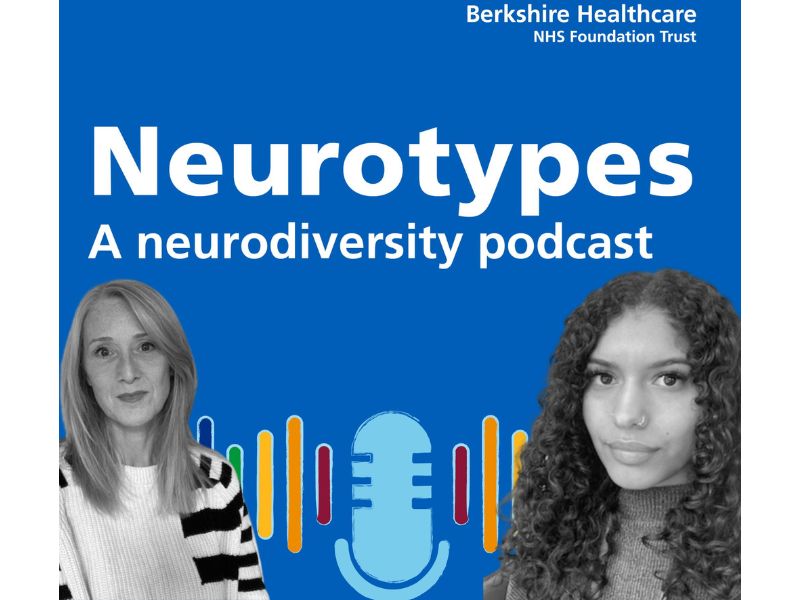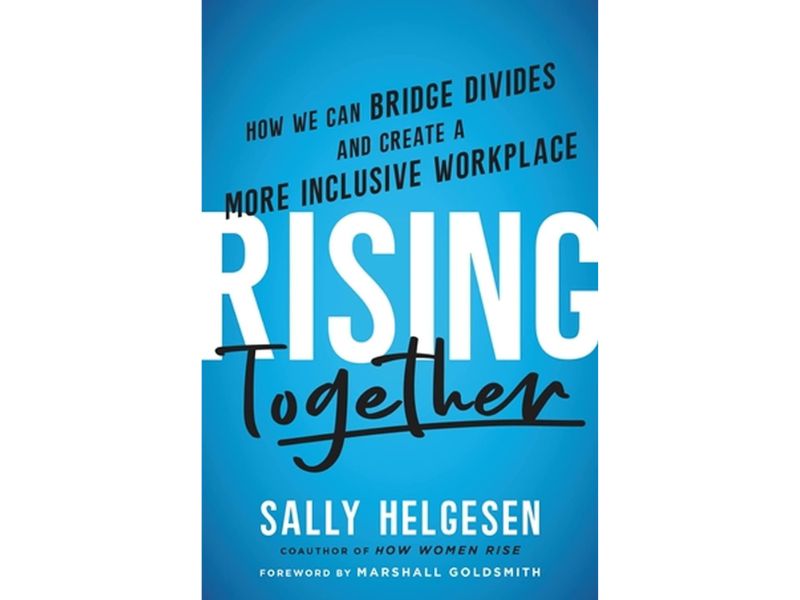Nine out of ten UK companies are not considering neurodiverse candidates, according to a new survey.
The research, conducted by CIPD, found that only ten per cent of HR professionals say consideration of neurodiversity is included in their organisation’s people management practices.
Neurodiversity refers to the natural range of differences in human brain function. Amongst employers, it’s become the term used to describe alternative thinking styles including dyslexia, autism, ADHD and dyspraxia as they relate to diversity and inclusion in the workplace. These can have unique strengths, ranging from data-driven thinking to sustained focus over long periods, an ability to spot patterns and trends, and the capacity to process information at extraordinary speeds.
It is estimated that at least ten per cent of the UK population is neurodivergent.
However, due to a lack of awareness within UK organisations and the way that most organisations are physically and structurally set up for ‘neurotypicals’, many workplaces do not enable neurodiverse individuals to perform to their full potential.
The poll found that 72 per cent of HR professionals said that consideration of neurodiversity wasn’t included in their people management practices, and 17 per cent said that they didn’t know.
Dr Jill Miller, Diversity and Inclusion Adviser at the CIPD, said, “We’re just scratching the surface of understanding how neurodiversity at work can help organisations be more creative and innovative, but the insights we already do have show the unique value that neurodivergent individuals can bring to the workforce.”
“However, even at a time when employers are under pressure to identify new talent pools to fill skills gaps, recruitment and development practices are screening out such individuals and the unique skills they possess.”
“Rather than measuring potential employees against a long wish list of capabilities, we need to be clear on the key skills each job requires and enable people who possess those to play to their strengths.”
“Ultimately, everyone has the right to feel accepted and included at work and organisations have a responsibility to be a place where everyone can reach their potential.”
“While workplace adjustments will be dependent on individual need, they are often small and inexpensive, and many benefit everyone.”
“Why wouldn’t you want a more navigable intranet or clearer communications with your manager?”
In response to the research, CIPD, in collaboration with Uptimize, has developed a guide for employers to raise awareness and understanding of neurodiversity at work, and the simple workplace adjustments needed to enable people to perform at their best.
You can download the guide here.









